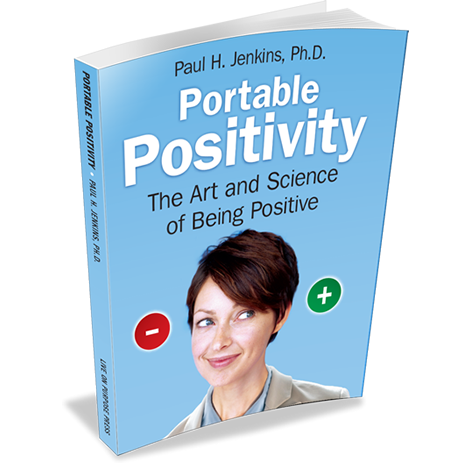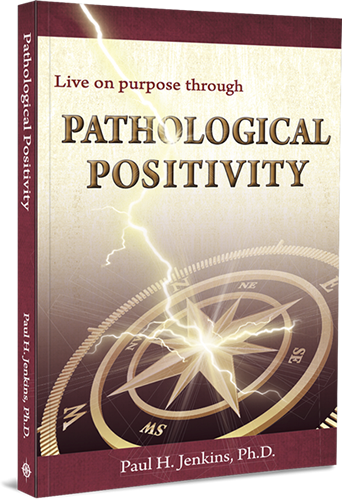
Luck. It’s all around us this week with St. Patrick’s Day coming up. Can you use some Luck o’ the Irish? Interesting, the term was originally not positive but was used derisively to describe successful miners of Irish descent. The term meant that if an Irish man found gold or silver, it wasn’t due to hard work or brain power, just dumb luck. People have told me I am lucky to do something I love. Huh? It only took tremendous time and resources to obtain a PhD and 23 more years of clinical practice. Not to mention writing books, speaking, networking and marketing. Where we are today has very little to do with good luck and more to do with patience, persistence, and positive attitude. A positive attitude is essential. How likely are you to try something if you tell yourself you can’t succeed? If you have told yourself you…







